Martin Luther Success Story
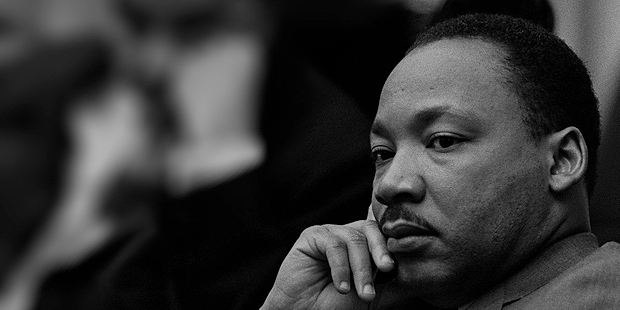
While civil rights leaders like Malcolm X established a reputation for violence and militant beliefs, it was the more moderate leaders like Martin Luther King that made civil rights a struggle that all of the United States could get behind.
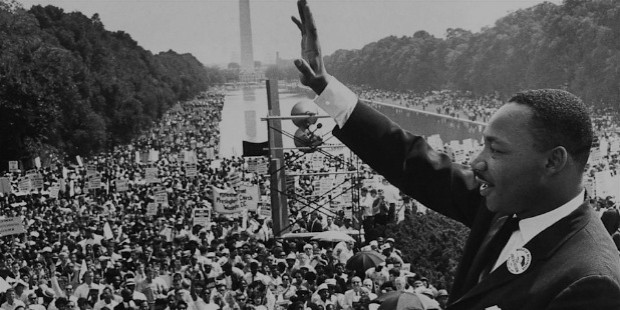
Born in Atlanta on January 15th, 1929, Martin Luther King was a highly influential figure in the American civil rights movement of the late 1950s and 1960s.
Childhood
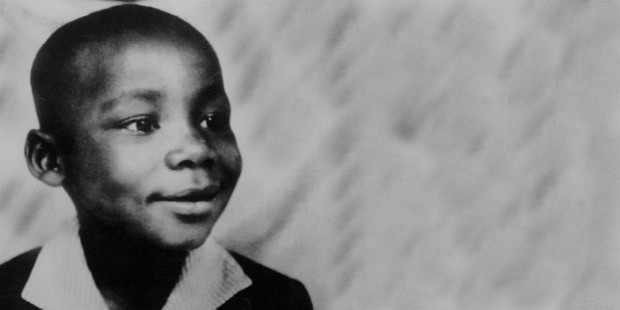
Born in Georgia, one of the most aggressively segregated states in the country, Martin Luther King experienced racism and bigotry from an early age. His family was devoutly religious, but the young King questioned the truth of the Bible from an early age. While he was connected to the church all throughout his life, he expressed doubt over many of its teachings and the content of the bible.
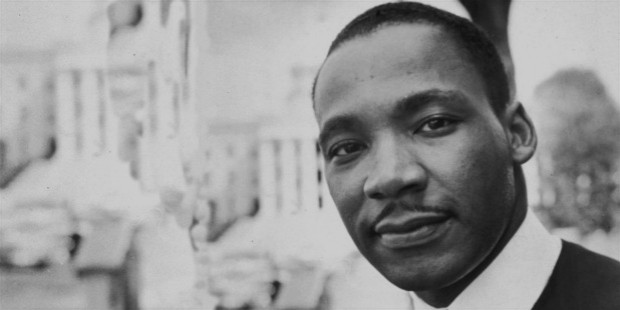
This skepticism formed an integral part of Luther King's psyche. Despite his close adherence to the church's teachings, he found himself questioning not just the rules of religion, but the strict rules of the culture in the deep south. He questioned the policy of racial segregation, and claimed that much of the country would be better off under a 'colorblind' system, in which races were neither unfairly praised nor subject to unfair disadvantages.

He gained fame in the local civil rights community by organizing a bus boycott, known around the country as the Montgomery Bus Boycott. The protest, which began after a black teenage girl, seated in the white section of the bus, refused to give up her seat, turned into a year-long campaign which resulted in King being threatened constantly, and seeking protection from bomb threats.
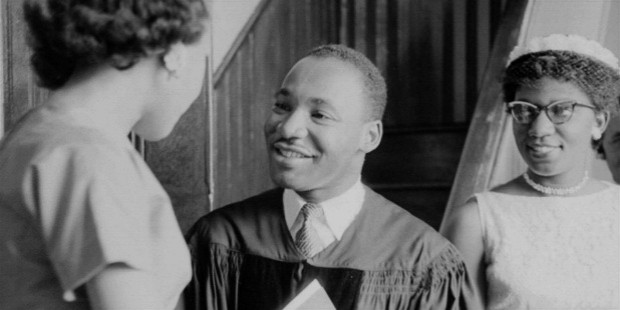
Further campaigns against segregation and racism soon followed, culminating in King's iconic and culturally significant March on Washington. The march was the first time that most of the American public had seen King in action, and his oratory skills sold his ideas to millions. This march was the first place that his famous 'I Have a Dream' speech was performed publicly to thick applause.
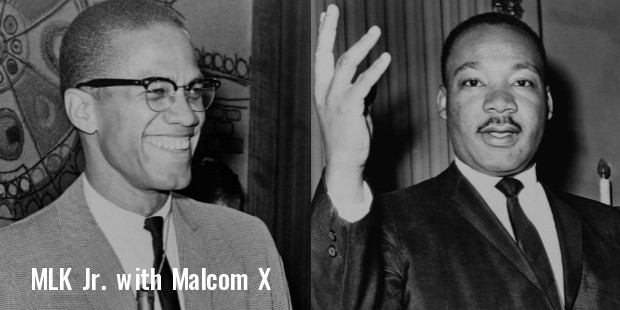
Of course, King wasn't alone in his quest for equal rights and civil liberties. Other black leaders like Malcolm X, of the Nation of Islam, were campaigning for minority rights in a more militant fashion for some time. However, while X and his followers fought in an aggressive, abrasive manner, King retained a focus on peaceful protesting that made him ultimately more influential with the public.
Faith is permitting ourselves to be seized by the things we do not see - Martin Luther
However, many of his rivals lacked his sense of compassion and belief in non-violence. During a visit to Tennessee in support of workers' rights, King was shot dead while relaxing on the balcony of his hotel room. The death sparked a wave of riots across the country and a great deal of public mourning – mourning that was supported through a national holiday commemorating his death.
Achievements
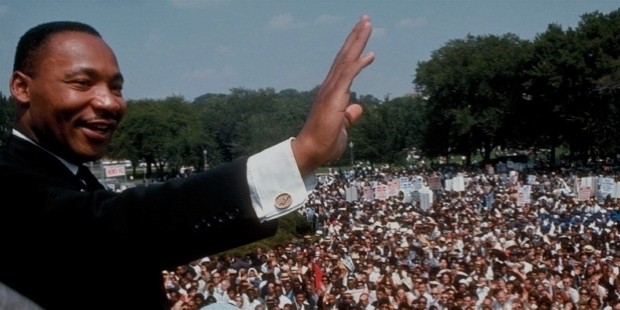
While the success of other leaders like Malcolm X rested in their military-like precision and high-power message, it was King's charismatic and non-violent approach that made him a success with the wider audience. There's a lesson to be learned from his success – that it's often worth toning down your message if it allows it to travel farther, and to be heard by more people than before.
Awards
- 2012
-
Grammy Hall of Fame
- 2004
-
Congressional Gold Medal
- 1977
-
Presidential Medal of Freedom
- 1971
-
Grammy
- 1966
-
Jawaharlal Nehru, Margaret Sanger
- 1964
-
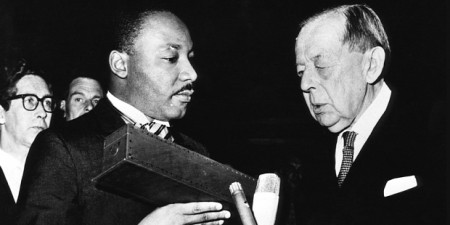
Nobel Peace Prize
- 1963
-
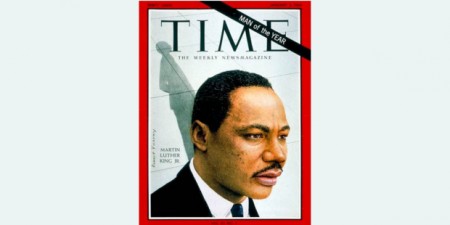
Times Person of the Year
- 1959
-
Anisfield-Wolf Book
- 1957
-
Spingarn Medal









